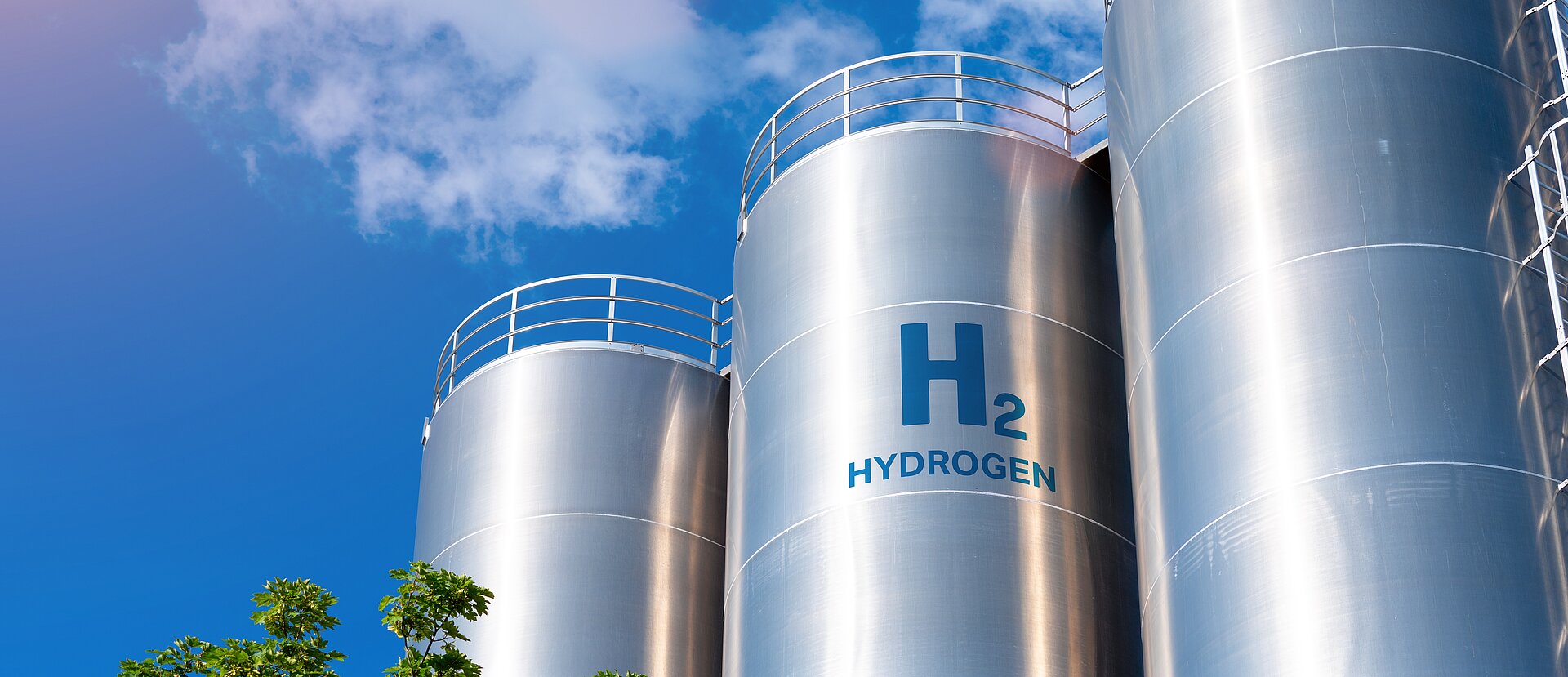Our podcast guest today is Ove Petersen. He is the CEO of GP Joule GmbH, a North Frisian energy provider that is active in all parts of the energy value chain - from generation to project planning to utilization.
GPJoule's favorite project is the so-called "eFarm". The eFarm is not a physical farm, but an inter-city energy network. And as such, it is now one of the largest hydrogen mobility projects in Germany: in the North Frisian towns of Bosbüll and Niebüll, two hydrogen buses and a fleet of 30 hydrogen cars are running thanks to the eFarm. And all of this is completely climate-neutral!
Five electrolyser sites produce green hydrogen around the clock. These are located near solar and wind farms. The hydrogen is refueled at 2 hydrogen filling stations in Niebüll and Husum. The principle is therefore as follows: (1) harvest wind, (2) split water, (3) refuel hydrogen, (4) drive with hydrogen. In addition, the waste heat from the electrolysers is used as district heat to heat the adjacent buildings.
So far, there are no stationary fuel cells in use that could convert the green hydrogen back into electricity to support the local power grid during dark periods. However, due to the proximity to Scandinavian countries (a lot of hydroelectric power, wind power, biogas), the power grid in North Frisia is not that susceptible to power shortages anyway. In the podcast, Ove Petersen explains how the principle of this energy project could also be applied in southern German regions (or worldwide).
Link: https://www.efarm.nf/ https://www.gp-joule.com/de/

